SLEEP
WHY DO SOME PEOPLE HAVE TROUBLE SLEEPING?
Lack of sleep can make it very hard to cope in general. Some people have developed styles and patterns which stop them from sleeping properly. For others Sleep problems are due to experiencing a trauma including difficulties getting to sleep, waking during the night, nightmares and cold sweats, and waking early in the morning.
It is as if the body has remained on “red alert”, ready to flee, fight or freeze in the face of the danger that was present at the time of the trauma. This makes sleep difficult as it is hard to relax. Once asleep, nightmares related to the trauma are common and the fear that comes with them can make a person wake drenched in sweat or even shout or scream.
Dreams help us process what is going on in our lives, including any fears and worries. These may manifest themselves as nightmares and are usually nothing to worry about. It helps to talk about bad dreams (or even draw them) to identify what may be causing them. Causes of nightmares could be as simple as something scary you saw in a film to more serious things such as bullying or someone hurting you.
WHAT IS INSOMNIA?
Insomnia means you regularly have problems sleeping. It usually gets better by changing your sleeping habits.
You have insomnia if you regularly:
-
Find it hard to go to sleep
-
Wake up several times during the night
-
Lie awake at night
-
Wake up early and cannot go back to sleep
-
Still feel tired after waking up
-
Find it hard to nap during the day even though you're tired
-
Feel tired and irritable during the day
-
Find it difficult to concentrate in the day because you're tired
If you have insomnia for a short time (less than 3 months) it’s called short-term insomnia. Insomnia that lasts 3 months or longer is called long-term insomnia.
WHAT IS SLEEP DEPRIVATION?
The term sleep deprivation refers to getting less than the needed amount of sleep, which, for adults, ranges from seven to nine hours of sleep per night. Children and teens need even more nightly sleep than adults. The effects of sleep deprivation on the brain can be similar to the effects of alcohol on the brain.
WHAT CAN HAPPEN IF WE DON'T SLEEP ENOUGH?
Not sleeping enough can cause a variety of medical issues including:
-
An increased chance of having a seizure. People with epilepsy are at a higher risk when they are sleep-deprived.
-
Pain In their oesophagus. That might be one reason why people get heartburn or gastroesophageal reflux disease (GERD) at night.
-
Sometimes, people with ongoing pain that stems from sleep deprivation are diagnosed with fibromyalgia or other chronic pain conditions.
-
Affected metabolism. If your metabolism is not working, it can lead to glucose intolerance and weight gain. Being overtired also makes it less likely that you'll want to take part in regular physical activity.
-
A negative impact on immune function. If your immune system isn't working, you might get sick more often. When you do get sick, you might get more ill and take longer to get better.
WHAT CAN HELP?
'Self-help' tips don't solve the issue. However, they can help you/others feel more in control when experiencing strong emotions.
If you find that 'self-help' isn't enough, consider reaching out to a counsellor or your GP for help managing overwhelming emotions.
01
Caffeine has a half-life of 8 hours, so try not to have caffeine during the few hours before bed. If you find it very difficult to get to sleep, try to cut out all caffeine after mid-day.
02
Make your bedroom comfortable and make your bed a place that your brain associates with rest and sleep. Try not to work on your bed, if possible. You may find that laundering your sheets more regularly helps you to sleep better.
03
Try to get some natural daylight during the day – 20 to 30 minutes in sunlight will help your brain calibrate daytime and night-time, making it easier to sleep at night.
04
Regular exercise can help to improve your sleep, by tiring out your body and helping you to reduce anxiety and stress.
05
Try to have the bedroom at around 18°C, as this is suggested to be the best temperature for a restful night.
06
Try to get a routine of waking up and going to bed at the same time every day, including weekends.
07
Try to not use any screen-based devices for at least an hour before bedtime.
This includes phones, iPads, laptops, PCs, Kindles and TVs. Put your phone on ‘do not disturb’ or remove it from the bedroom altogether, so that you don’t continue to monitor it for incoming messages or alerts.
08
Establish a restful pre-sleep routine that you can follow every night.
This may involve reading, listening to music, preparing yourself for bed (taking make-up off, changing), releasing nice smells into your bedroom, breathing exercises, preparing for the next day etc. Going through the same routine will prompt your brain to prepare for sleep.
09
Warm baths and showers can help your body to relax and by encouraging your body temperature to drop can induce feelings of sleepiness.
10
Don’t fight thoughts that appear as you are trying to go to sleep. Tell yourself that you will think about them the following morning, then either write them down or imagine locking them in a box for now.
EXTERNAL INFORMATION, SUPPORT AND ADVICE






















































 |  | 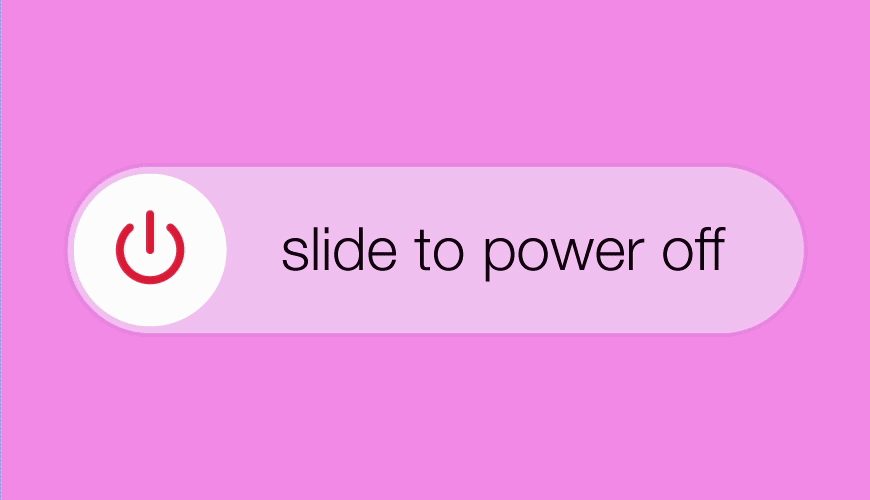 |
|---|---|---|
 |  |  |
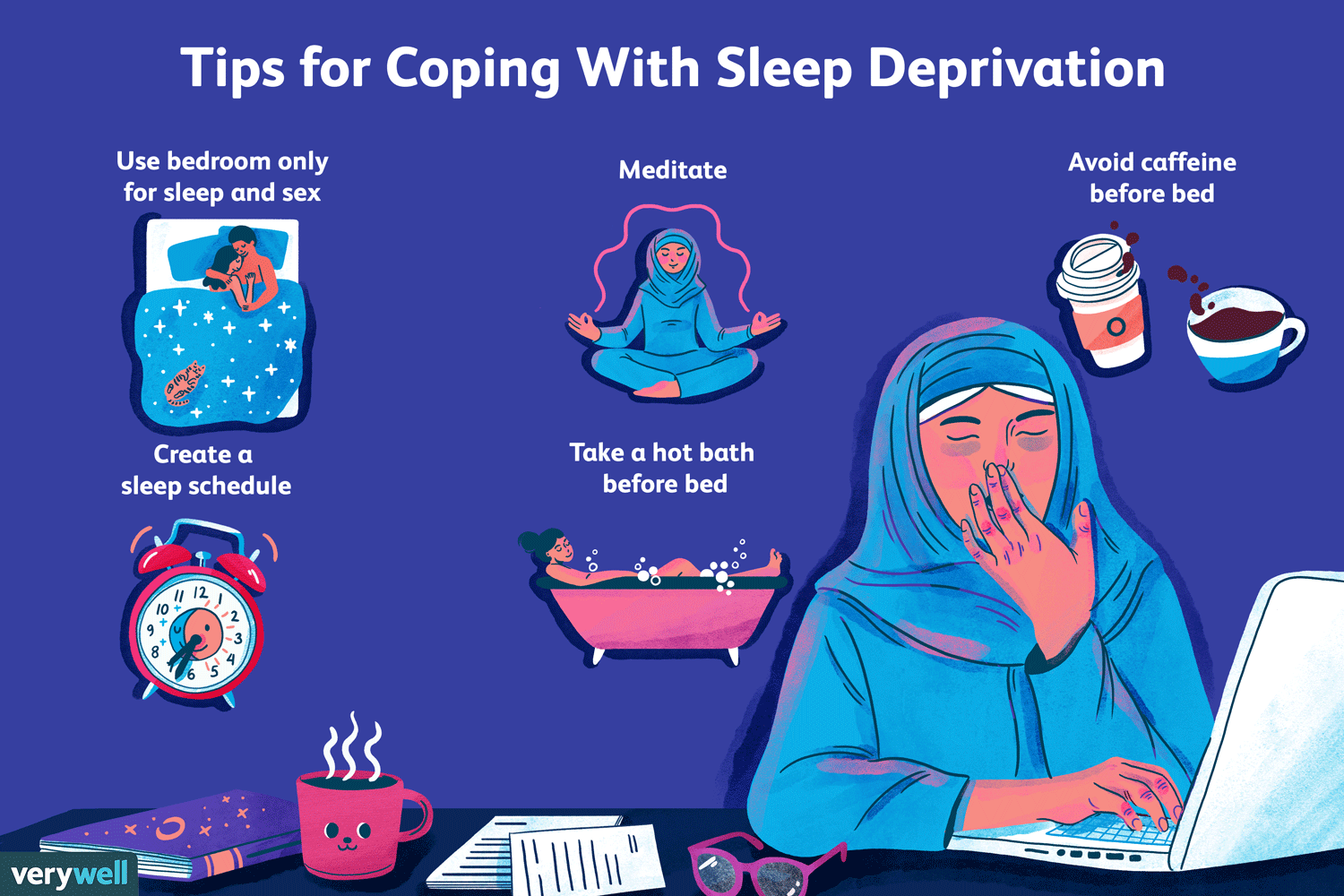 |  |  |
 |  |  |
 | 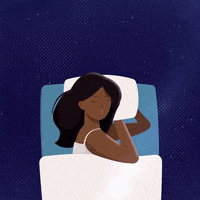 |  |
 |  |  |
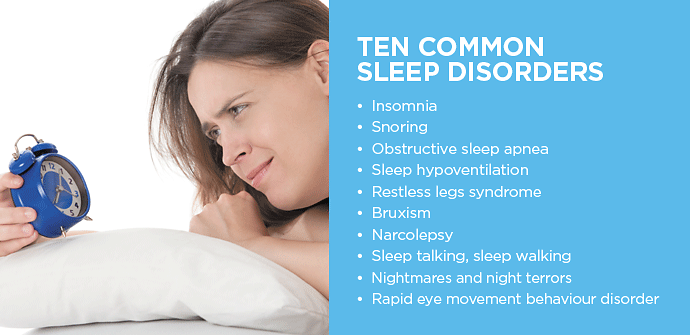 |  |  |
 |  | 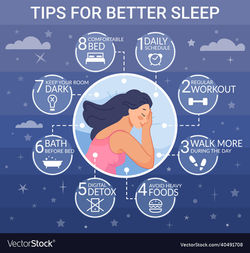 |
 |  |  |
 | 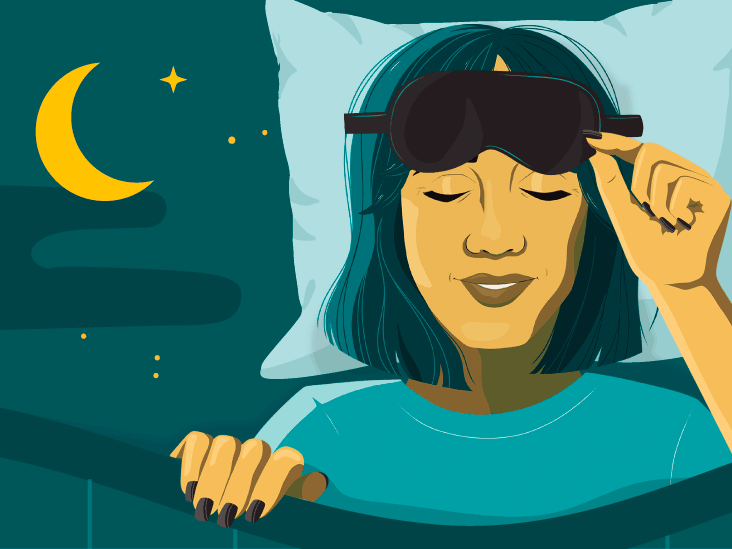 |  |
 |  |  |
 |  | 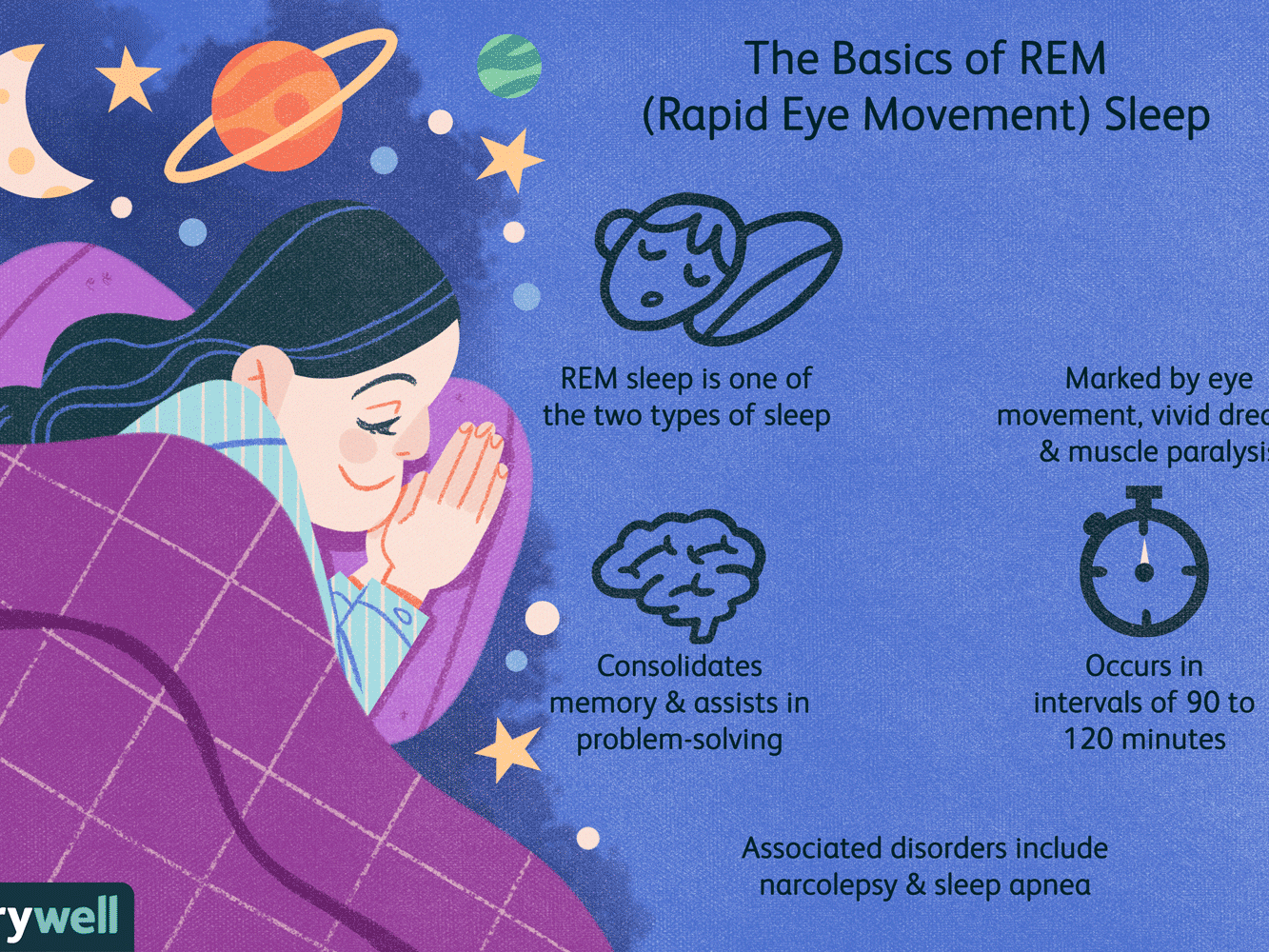 |
 |  | 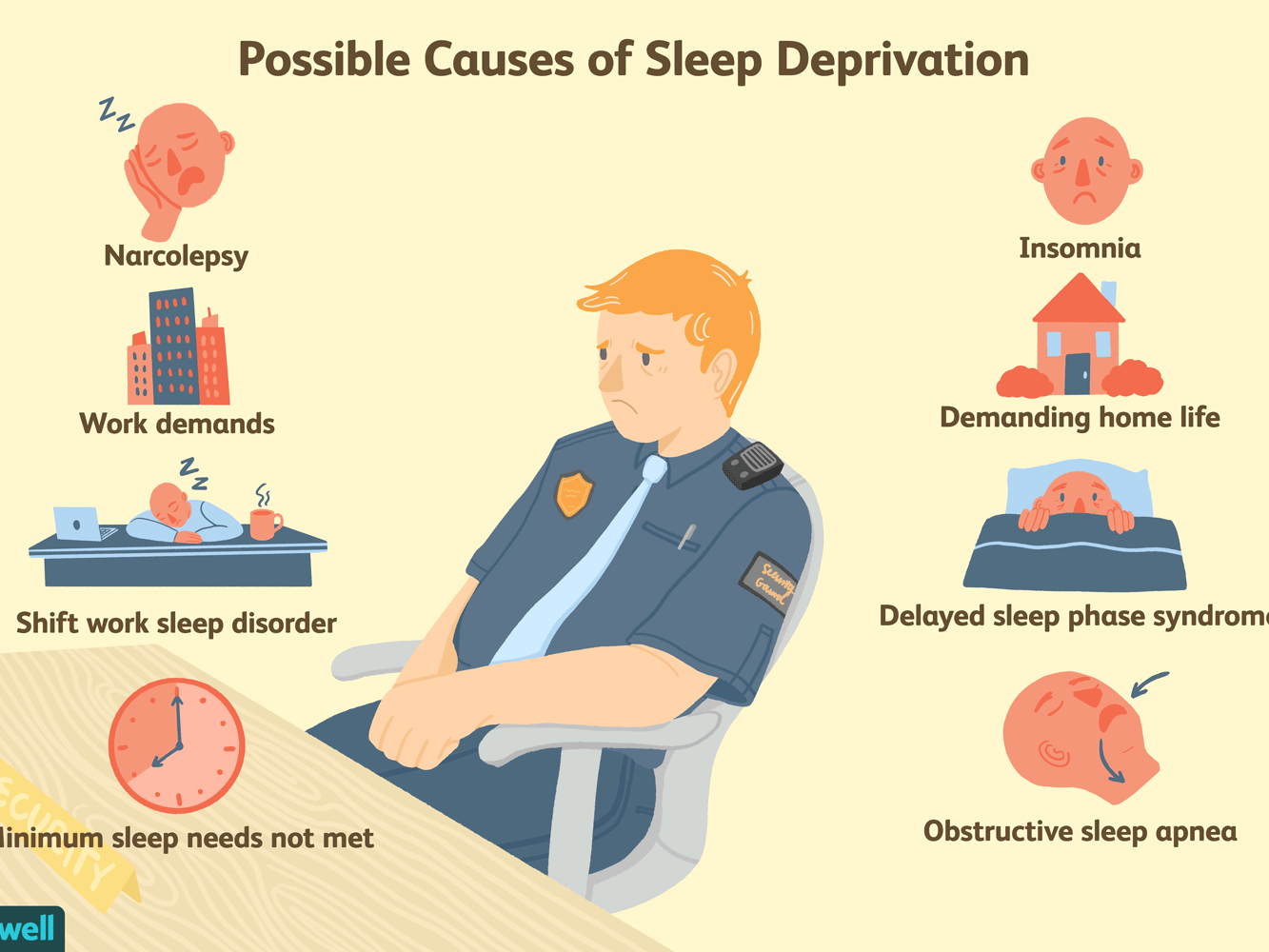 |
 |  |  |
 |  |  |
 |  |  |
 | 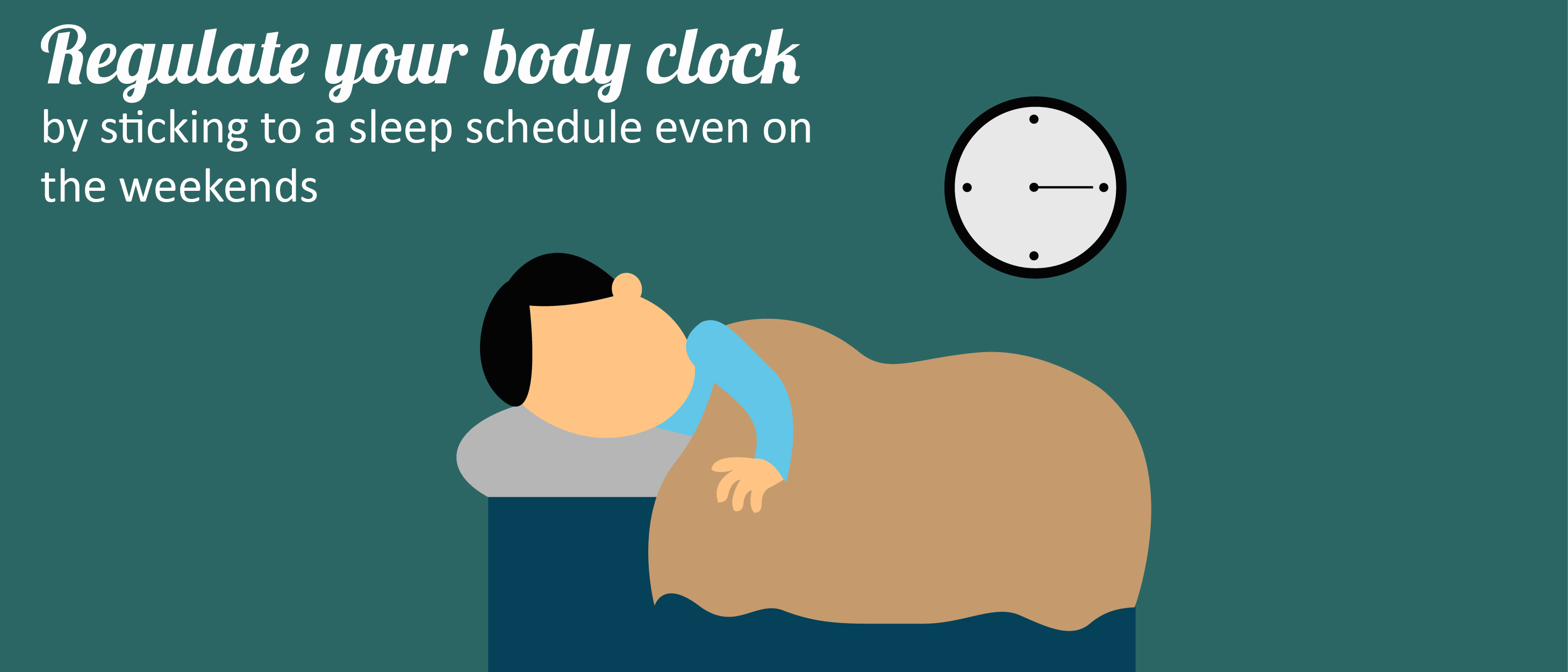 |  |
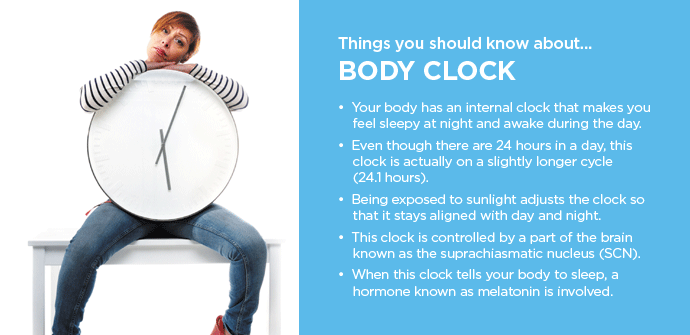 |  |  |
 |

